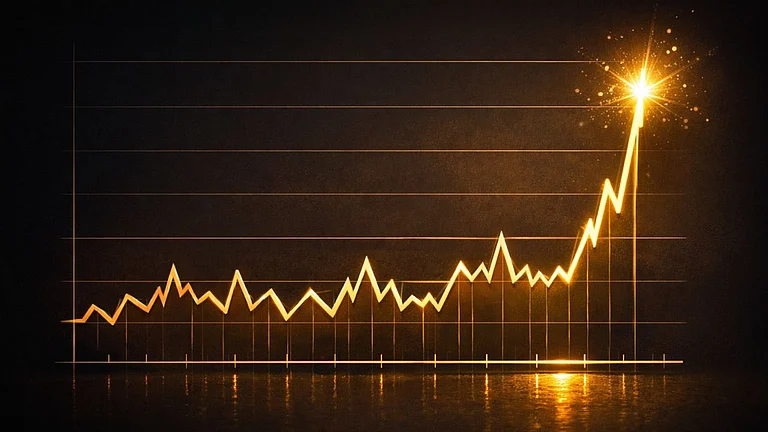Taxpayers sometimes encounter challenges with missed tax refunds, mostly because of giving incorrect bank details while filing ITR. Here's a comprehensive guide on what are the most common reasons for missing ITR and how to tackle missed tax refunds efficiently.
Filed ITR Online?
When filing your Income Tax Return (ITR) online, ensuring accurate bank details and pre-validating bank accounts are essential to avoid refund failures. If your PAN is inoperative, your refund will fail. If your bank account is not pre-validated, or if that bank account was closed or in case of an invalid IFSC code. Taxpayers should always verify the bank account number, account description, and MICR/IFSC code given at the time of filing of return if they miss refunds. However, even after you've missed receiving your refund, don't panic. Follow these steps to address the situation effectively.
Vivek Jalan, Partner, Tax Connect Advisory, a multidisciplinary tax consultancy firm said, "The CPC in Bangalore processes the refund automatically after receiving the filed return. For small taxpayers, the refund is generally received in the bank account after the Intimation u/s 143(1) of the Income Tax Act is received, provided the bank account and Aadhar are linked and the bank account is validated on the income tax portal. In case the refund is not received, then one has to use the utility of 'refund re-issue request' in the Income Tax Portal.
If you have received an intimation from the Income Tax Department or Refund Banker (SBI) that the processing of the refund has failed, you can submit a Refund Reissue Request on the e-Filing portal by electing the 'refund reissue under the 'services' menu. Then select a bank account to receive your refund. If your bank account is not validated, you should pre-validate your account. Service requests must be e-verified to e-verify, you can use Aadhar OTP or electronic verification code (EVC).
"For bigger taxpayers who have more than Rs.1 Crore refunds and which are held back sometimes by the Income Tax Department, taxpayers are advised to approach the CBDT, as local income tax department may not be of much help in this regard," Jalan added.
Timely updates of personal details, including address, email, and phone number, and status of refund claims to prevent delays and potential refund issues. Taxpayers should also regularly check their E-filing portal accounts for any updates regarding their refunds.
Filed ITR offline?
For those who filed their ITRs offline, refund processes differ slightly. Before Assessment Year (AY) 2018-19, offline filings received refund cheques via post office. Even now, if you have filed your ITR offline, you will receive a refund cheque by mail. Refunds sent through cheques are dispatched to the address mentioned in the ITR through speed post. Refund not presented for payment within the validity period of 90 days is marked as expired and cancelled.
If you've missed a refund due to an expired cheque or other reasons, follow these steps. Taxpayers primarily should contact their jurisdictional Assessing Officer (AO), responsible for assessing income tax liabilities. The AO's jurisdiction is determined by PAN records, and these details can be found also on the e-filing portal. They might get asked for an indemnity bond, where taxpayers agree to compensate the tax department in future for any refund-related issues. Once the bank details are updated, the refund will be issued again through a bank transfer, instead of a physical cheque. You can also consider sending an email to orm@cpc.incometax.gov.in or contacting toll-free numbers such as these, 18001030025, and 18004190025can to resolve refund-related concerns.













